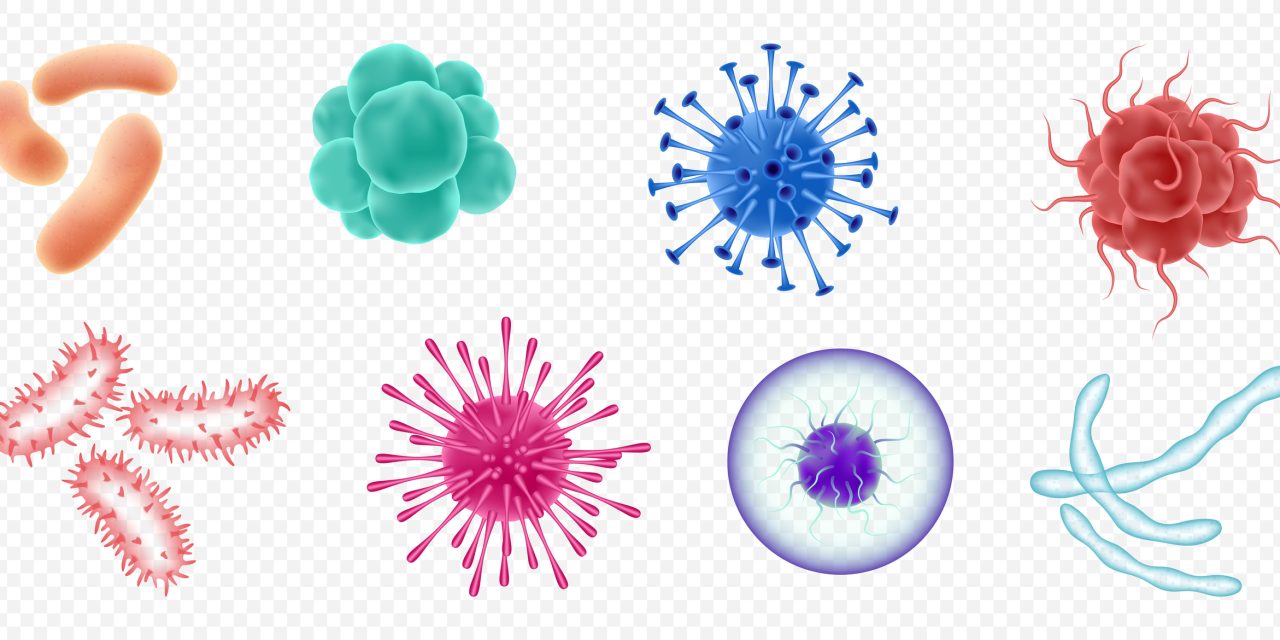Nervous and immune systems interact during allergic reactions via mediator release, including neurotrophic factors and nerve growth factor (NGF). These mediators influence allergy reactions by binding the immune and structural cell receptors and activating neuropeptide release from the nerves. In allergic asthma and rhinitis and, to lesser degree, allergic conjunctivitis, the role of neuropeptides and NGF has been established. The purpose of this review is to explain the function played by NGF and neuropeptides in allergic conjunctivitis pathogenesis. NGF controls the allérgical reaction by increasing the release of cell, immunological, structural and nerve terminals to the site of inflammation of cytokines, inflammatory mediators and neuropeptides. Evidence demonstrated that in individuals with allergic conjunctivitis including allergic rhinoconjunctivitis, vernal keratoconjunctivitis and atopic keratoconjunctivitis, local and systemic NGF levels are increasing. Recently, in individuals with allergic rhinoconjunctivitis, we described an increase in conjunctival p75NTR expression and increased NGF tear levels following conjunctival stimulation with allergen.
NGF regulates allergic reactions in the eyes. Understanding the involvement of neuropeptides in allergic conjunctivitis may open the way for the development of novel therapeutic methods and the better treatment of patients.


